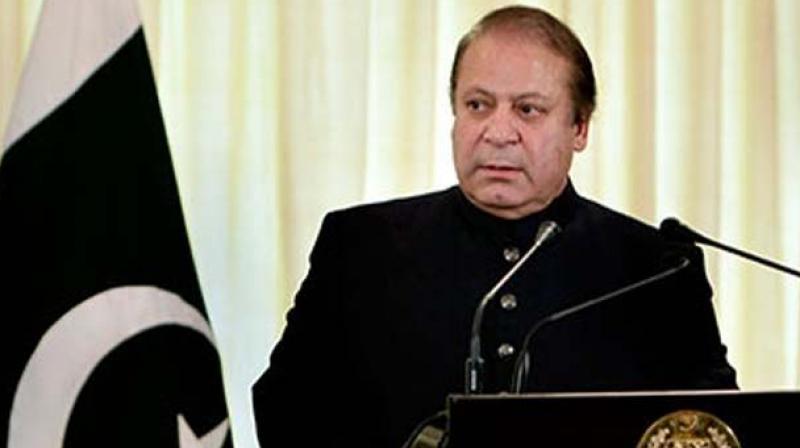Pak does not want to join arms race in South Asia: Foreign office tells MTCR

Islamabad: Pakistan does not want to join an arms race in South Asia, a senior official told a delegation of Missile Technology Control Regime (MTCR) here on Thursday, amid efforts by Islamabad to join the elite grouping that includes India and controls export in high-end missile technologies.
"Pakistan has always remained in the forefront to stop the spread of weapons of mass destruction," Additional Secretary at the Foreign Office Tasneem Aslam told the MTCR delegation led by by Director General HAM Sang-wook.
Making a case for Pakistan's entry into the 35-member elite club, Aslam stressed Islamabad's non-proliferation credentials and said that it has "always followed international standards while delivering weapons".
She also said that Pakistan does not want to join the arms race in South Asia, Geo News reported.
Pakistan has intensified its efforts to join the exclusive club of countries controlling exports in missile technology, since India joined the elite grouping last year as its 35th member. Notably, India was successful in joining MTCR, ahead of Pakistan's all-weather ally China, whose application is pending since 2004.
A country's non-proliferation record is one of the key criteria to join the club.
Experts say that Pakistan's controversial record in nuclear proliferation and absence of its patron China inside the club are major obstacles in Islamabad becoming a formal member of MTCR.
Aslam further said that hindrances in access to technology for peaceful purposes "must come to an end". Representatives of the MTCR delegation said that the group wants a joint policy to prevent the spread of missiles.
The delegation recognised that Pakistan has participated in several technical meetings held by the MTCR for the past several years, the report said.
Meanwhile, the Foreign office also released a reviewed list of nuclear and biological weapons. The new list declares that Pakistan is determined towards nuclear non-proliferation.
The reviewed list was formed after consultation with relative ministries, it said. The list has been reviewed in the years 2005, 2011 and 2015.

